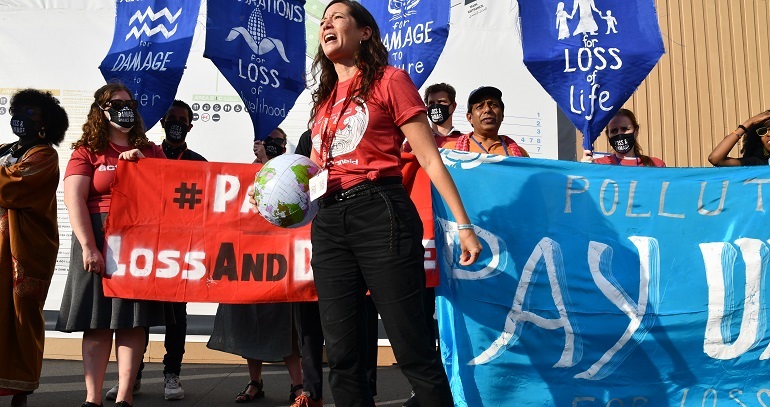The recently released Synthesis Report of the Intergovernmental Panel on Climate Change Sixth Assessment Report has sounded an urgent warning call for action to keep global warming below 1.5 degrees centigrade.
The report highlights that unless fossil fuels are rapidly retired, the impacts of climate change already faced by vulnerable communities will become difficult to handle. India is one of the countries already experiencing significant loss and damage caused by heat waves, crop failures, and rising sea levels, affecting the working peoples of the country.
ActionAid Association has underlined the need to create a National Framework for Climate Change Induced Loss and Damage, which would incorporate a fund to provide compensation for loss and damage and a framework for assessing and computing the damage. The organization also calls on the need to secure the dignity of labour and livelihood for all those who provide ecological services.
To prevent warming beyond critical levels, greenhouse gas emissions must be cut by half and carbon dioxide emissions must stop by 2050. Rapid green transitions are necessary to shift away from all fossil fuels and move towards solar and wind energy, and financial and technology transfers from the Global North to the Global South must rapidly scale up to phase out coal and halt further investments.
However, such efforts must remain people-centric and community-led projects to ensure social justice. The Executive Director of ActionAid Association, Sandeep Chachra, emphasizes the need to bring vulnerable communities and sections of society into the climate change discourse to ensure that grounded action can bring both the social and ecological justice the world needs.


